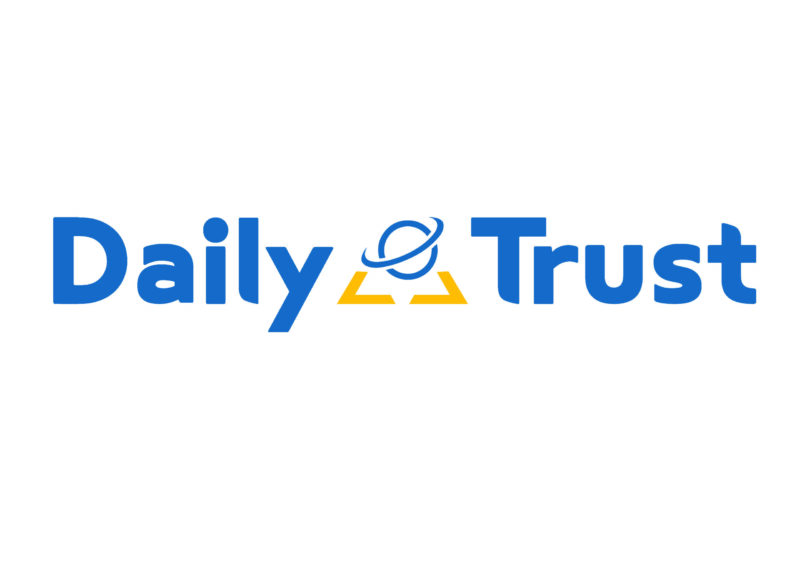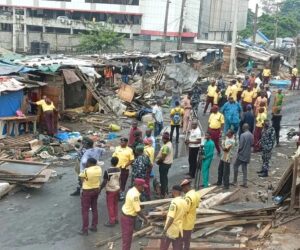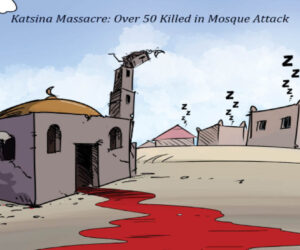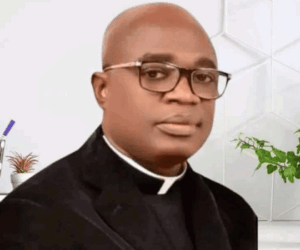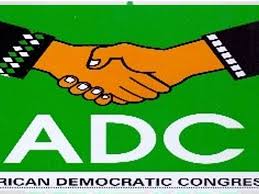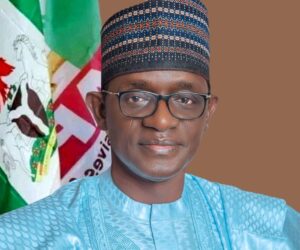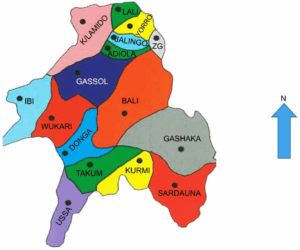Just less than a week to the resumption of most private and public primary and secondary schools in Nigeria, the Federal Government released a revised school curriculum for the country, leaving many to wonder if this can truly take effect this academic session as schools need to adjust to the new framework.
Even at the time of writing this piece, the Nigerian Educational Research and Development Council (NERDC) does not have a detailed document of the curriculum on its website let alone a prepared scheme of work for each subject. This also calls for concern as to whether key stakeholders in the sector were properly consulted at the time of drafting the national guidelines for our school.
The statement issued states that Primary 1–3 pupils will now take between 9 and 10 subjects; Primary 4–6 pupils will be required to take 10 to 12 subjects; Junior Secondary School students will take 12 to 14 subjects; Senior Secondary School students will take 8 to 9 subjects; and technical school students will take 9 to 11 subjects. Many have argued that the curriculum is a short fall of an endeavour that could chart better educational outcomes for students.
SPONSOR AD
The Junior Secondary School curriculum has some subjects renamed or merged without much difference from what used to be. Basic Science and Basic Technology are once again being called Integrated Science. There was Integrated Science before 2011 and now we are back to it. What’s new? Nothing in terms of content. Similarly, Computer Studies is now Digital Literacy & Coding. The significant difference is the introduction of coding and robotics related topics. Good idea right? This should start in Primary school rather than Junior School. You would want to ask if government schools have the infrastructure to do this. Social Studies also has a slight introduction of some topics that were not specifically spelt out in the past but have always been in lessons delivery. Geography, civics, economy (trade, money, entrepreneurship basics), global issues are not new in the teaching of the subjects.
The Senior Secondary School curriculum has some changes, too. Core subjects such as Mathematics, English, and ICT have been revised and renamed to reflect modern trends and evolving educational standards. A number of new topics have been introduced to broaden learners’ knowledge base and prepare them for global competitiveness. One notable adjustment is the inclusion of a final year research project, designed to build critical thinking, problem-solving, and independent study skills. Interestingly, this development comes at a time when many university graduates are raising concerns about the purpose and relevance of their own undergraduate research projects.
Consequently, apart from lacking measurable outcomes at all levels, the new curriculum is going to face several challenges that could undermine its effectiveness. One major problem is implementation, as Nigeria has a precedence of strong policy design but weak execution.
The curriculum introduces advanced topics such as artificial intelligence, robotics, and digital literacy alongside vocational trades, yet many schools, especially in rural areas, and even in capital cities, lack electricity, internet access, laboratories, and ICT facilities needed to support such learning. Teacher capacity is another critical challenge; most current teachers are not trained to deliver coding, AI, or even practical trade skills, and nationwide retraining will be costly and logistically demanding. Funding remains a critical gap, as the reform requires heavy investment in workshops, digital devices, and vocational tools, but education budgets are never prioritized.
Even though the curriculum aims to reduce subject overload, combining numerous trades, technology modules, and final-year research projects could overwhelm both students and teachers, leading to shallow coverage rather than deep mastery. Monitoring and standardization also pose risks, as weak oversight may result in uneven implementation across states, widening inequalities between urban and rural schools.
Without immediate and genuine commitment, resources, and sustainability measures, the framework will struggle to achieve its goals and we may only witness everything wrong with the new national school curriculum.
Uthman Qasim wrote from Abuja [email protected].

